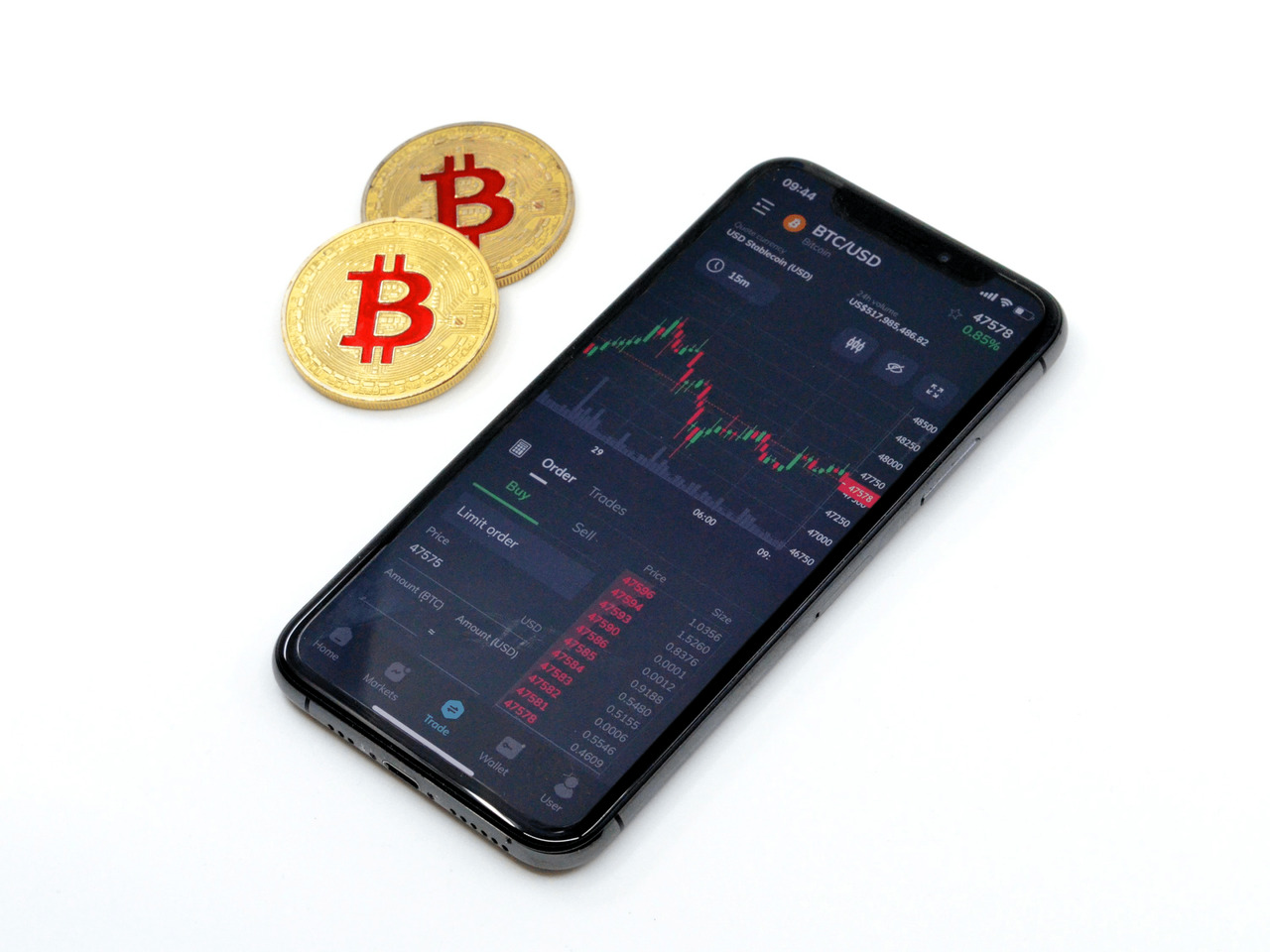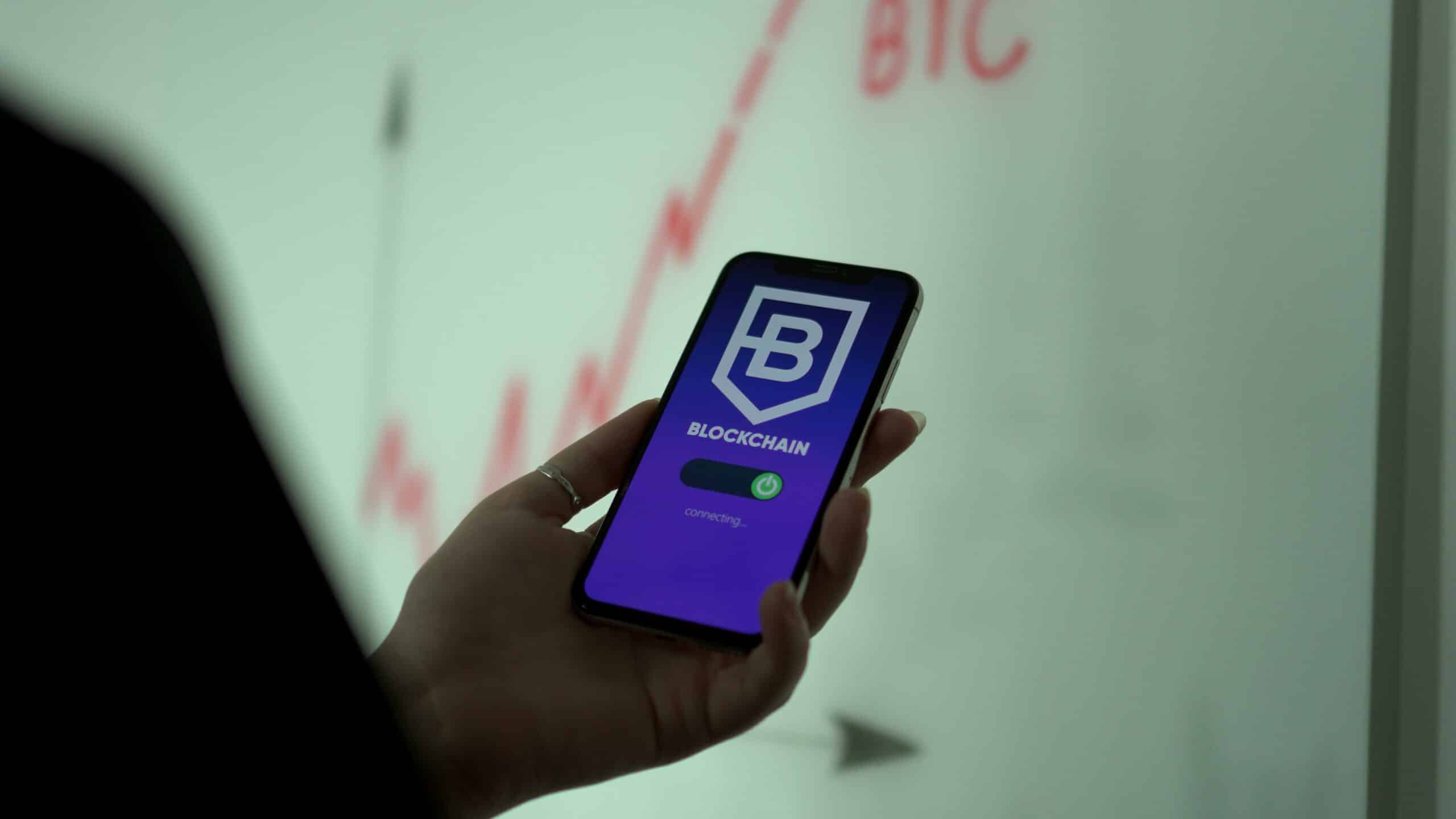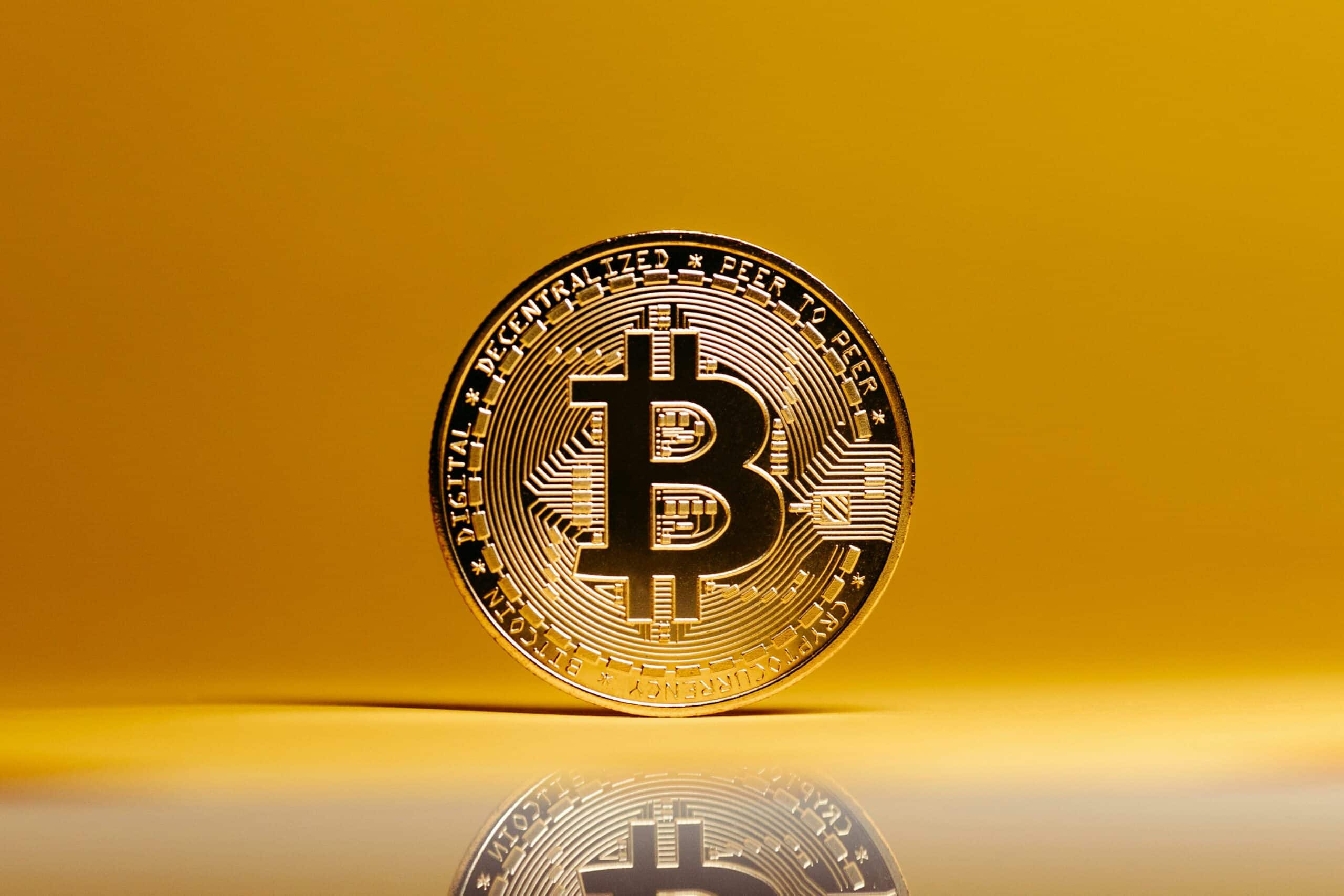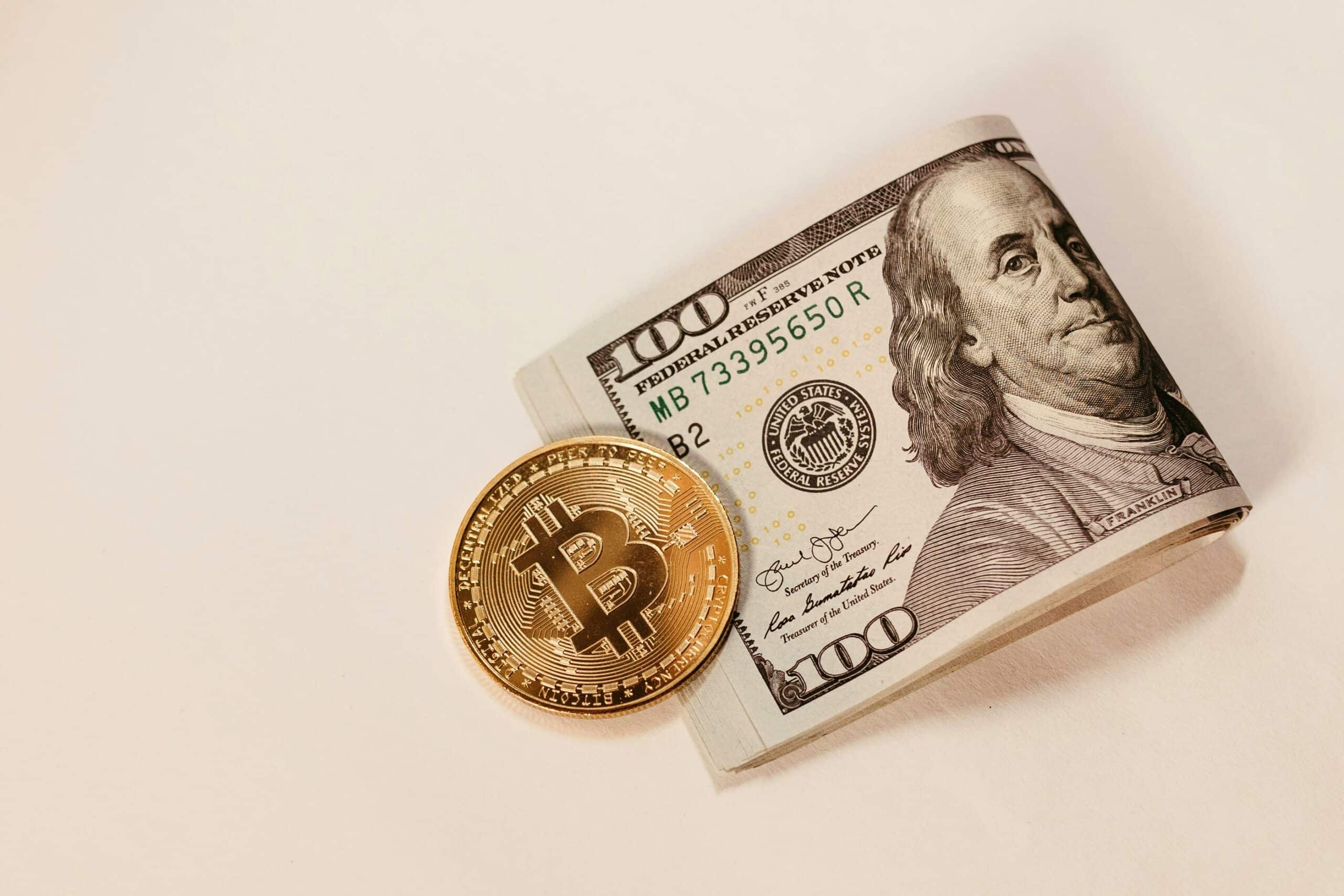When Bitcoin first launched in 2009, crypto wallets offered little security. The nascent nature of the cryptocurrency industry meant that users had limited options to protect their digital assets. However, as the industry has grown and matured, so have the methods used to secure crypto wallets.
In this comprehensive guide, we will delve into the world of crypto wallet security, exploring the common measures you can take to safeguard your funds from hackers and scammers. Whether you’re a seasoned cryptocurrency enthusiast or a beginner to crypto trading, understanding wallet security is crucial to protect your investments.
We will provide you with valuable insights and practical tips on securing your crypto wallets. From creating strong passphrases to storing backup phrases safely, we’ll cover the essential steps to fortify your wallet’s defences. We’ll also explore the different types of crypto wallets available, including hardware and software options, and discuss their respective security features.
To assist you in finding the right wallet for your needs, we’ll highlight some of the top crypto wallets currently available. These wallets have been chosen based on their reputation, security features, and user feedback. By considering these options, you can make an informed decision when selecting a wallet that aligns with your security requirements.
Table of Contents
Understanding Crypto Wallets

A crypto wallet is a digital tool that allows users to store, manage and transact with their cryptocurrencies. It securely holds the user’s private keys, which are essential for accessing and controlling their funds on the blockchain.
Private keys are cryptographic codes that enable ownership and control of cryptocurrencies. They are unique to each wallet and act as the digital signature required to authorize transactions. Without the private keys, it is virtually impossible to access or transfer the associated funds.
It is crucial to emphasize the importance of safeguarding private keys and implementing robust security measures. This includes setting up strong passwords, enabling two-factor authentication, and regularly updating the wallet software to ensure the highest level of protection.
Understanding the functionality and security features of crypto wallets is paramount for anyone venturing into the world of cryptocurrencies. By choosing the right wallet and adopting secure practices, users can confidently manage their digital assets while keeping their funds safe from unauthorized access and potential threats.
Types of Crypto Wallets
Cryptocurrency wallets play a crucial role in the secure storage and management of digital assets. As the popularity of cryptocurrencies continues to grow, the need for reliable and robust wallet solutions becomes increasingly important.
The two primary types of crypto wallets are hardware wallets (also known as cold wallets) and software wallets (also known as hot wallets).
Hardware Wallets (Cold Wallets)
Hardware wallets, such as the Ledger Nano X and Trezor Model T, are physical devices specifically designed to store private keys offline. These wallets are widely regarded as the most secure option for safeguarding cryptocurrencies.
By keeping private keys offline, hardware wallets offer robust protection against online attacks. They often come equipped with advanced security features, including two-factor authentication, PIN codes, and recovery phrases.
These additional layers of security provide users with peace of mind, knowing that their funds are well-protected even in the face of potential threats in the digital realm.
Software Wallets (Hot Wallets)
Software wallets, also known as hot wallets, are digital applications or online platforms that enable users to store and manage their cryptocurrencies. Examples of popular software wallets include Guarda and Zengo.
Unlike hardware wallets, software wallets are connected to the internet, providing convenient access to funds from various devices. However, it’s important to note that software wallets are generally considered less secure compared to hardware wallets.
To mitigate risks, users must implement strong security measures such as two-factor authentication and strong passwords. These precautions help enhance the security of software wallets and protect against potential threats posed by online attacks and unauthorized access.
Popular Crypto Wallets
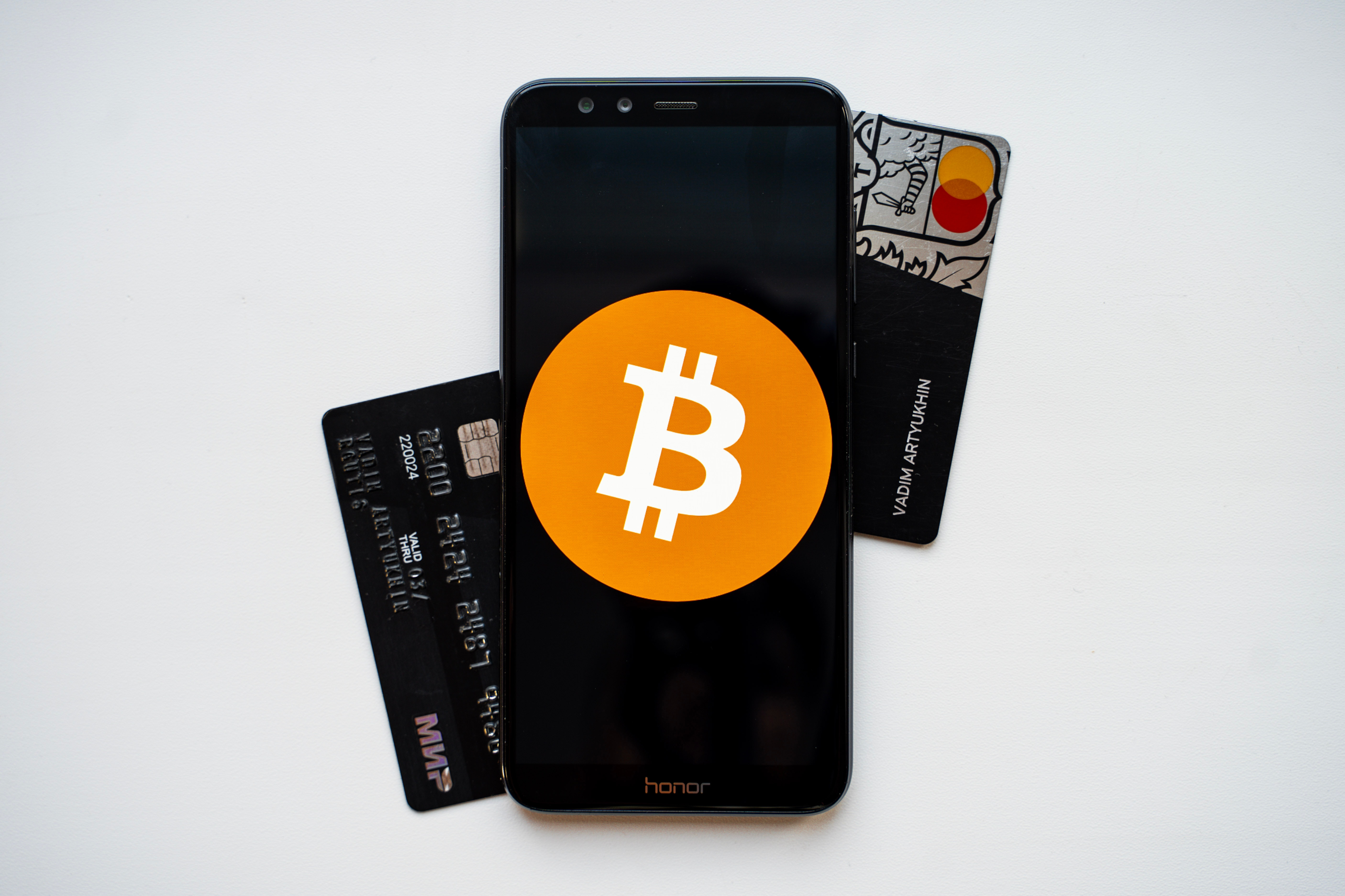
Each crypto wallet has its own set of features, security measures, and design choices, allowing users to choose the one that best suits their preferences and requirements for safely storing and managing their cryptocurrencies.
Here are a few popular crypto wallets to choose from:
Ledger
Ledger is a renowned brand in the cryptocurrency industry, known for its hardware wallets. Their popular product, the Ledger Nano X, offers a secure and user-friendly solution for storing and managing cryptocurrencies. It features a built-in display and physical buttons for transaction verification, along with advanced security measures like PIN codes, two-factor authentication, and a secure element for protecting private keys.
Trezor
Trezor is another well-established name in the hardware wallet market. The Trezor Model T is their flagship product, offering robust security and a user-friendly interface. It supports a wide range of cryptocurrencies and provides features like password encryption, PIN protection, and recovery seed backup. Trezor wallets are highly regarded for their emphasis on open-source software and transparency.
SafePal
SafePal is a hardware wallet manufacturer that focuses on providing secure and accessible solutions for cryptocurrency storage. Their flagship product, the SafePal S1, combines a mobile app and a small handheld device for managing digital assets. It features an air-gapped connection, a secure chip, and biometric authentication. SafePal aims to make cryptocurrency management easy for both beginners and advanced users.
Keevo
Keevo is a hardware wallet company that prioritizes security and privacy. Their flagship product, the Keevo Wallet, offers a sleek and durable design. It incorporates military-grade secure elements and biometric fingerprint authentication. Keevo Wallet supports various cryptocurrencies and provides users with full control over their private keys, ensuring enhanced security and peace of mind.
Zengo
Zengo is a software wallet provider focusing on being the most secure crypto wallet. Their wallet app is designed to make cryptocurrency management accessible to all users, even those new to the space. Zengo employs a unique keyless security model, which allows users to recover their wallets through a simple username and password combination. The wallet integrates various security features, such as biometric authentication and hardware-backed encryption.
Guarda
Guarda is a multi-platform cryptocurrency wallet provider offering both software and hardware wallets. Their software wallet is available as a web-based, desktop, and mobile app, supporting a wide range of cryptocurrencies. Guarda wallets prioritize user control and security by enabling users to have full control over their private keys. They also offer features like built-in exchange services and easy-to-use interfaces.
BitBox
BitBox, developed by Shift Cryptosecurity, is a hardware wallet designed to provide users with a secure and user-friendly experience. The BitBox02 hardware wallet supports multiple cryptocurrencies and integrates advanced security features like a secure chip, password-encrypted backup, and two-factor authentication. It is known for its minimalist design and open-source firmware, allowing users to verify the code and ensure transparency.
Ellipal
Ellipal is a hardware wallet manufacturer that focuses on providing cold storage solutions. Their flagship product, the Ellipal Titan, features a rugged design and an air-gapped system to protect private keys from online threats. It offers a large touchscreen for easy navigation and supports various cryptocurrencies. The Ellipal wallet emphasizes simplicity and security for users seeking reliable offline storage.
Arculus
Arculus is a hardware wallet provider that offers an innovative and highly secure solution for storing cryptocurrencies. The Arculus Keycard is a credit card-sized hardware wallet that connects to mobile devices via NFC technology. It provides secure key storage and transaction signing, enabling users to manage their digital assets conveniently. The Arculus Keycard focuses on accessibility and usability while maintaining a strong emphasis on security.
Tips to Improve Your Cryptocurrency Wallet Security

When it comes to protecting your cryptocurrency, implementing strong security practices is crucial. By following these tips, you can enhance the security of your cryptocurrency wallet and protect your valuable digital assets.
Tip #1: Use a Robust Passphrase
Safeguard your private keys associated with cryptocurrencies like Bitcoin, Ethereum, and Litecoin by investing in a strong passphrase. Create a unique combination of at least 12 characters, including uppercase and lowercase letters, numbers, and symbols. Remember, never share your passphrase with anyone to maintain exclusive control over your wallet.
Tip #2: Securely Store Your Backup Phrase
Even with a reliable Bitcoin wallet, having a backup plan is vital. Store your backup phrase in a secure location like a lock box or safety deposit box. This precaution ensures you can regain access to your crypto funds by recreating your key, especially in the event of a lost or stolen hardware wallet.
Tip #3: Keep Wallet Software Up To Date
Stay current with crypto security measures by regularly updating your wallet software. Keep an eye out for security updates and digital wallet security tips to protect your crypto portfolio effectively.
Tip #4: Limit the Amount Stored on Exchanges
Avoid storing substantial amounts of cryptocurrency on exchanges to minimize potential losses in case of a security breach. The Coinbene incident, where $100 million worth of crypto went missing, serves as a reminder to only keep what is necessary for upcoming transactions on an exchange and promptly withdraw any excess funds.
Tip #5: Stay Informed
Stay up-to-date on the latest crypto scams, hacks, and phishing attempts by following reputable cryptocurrency news outlets. Some exchanges offer notifications for suspicious activity, enabling proactive steps to protect your funds. Educate yourself about common phishing attacks to identify and avoid potential security threats to your crypto wallet.
Tip #6: Do Your Research
Before investing in any cryptocurrency wallet, conduct thorough research. Ensure the wallet is reputable and has a proven track record of keeping users’ funds secure. Read reviews, explore the company’s website, and assess the security measures they have in place to make an informed decision.
Crypto Wallet Security FAQs
Do hardware wallets offer the best security?
Hardware wallets, also known as cold wallets, are generally considered one of the most secure options for storing cryptocurrencies. These physical devices store private keys offline, offering protection from online attacks.
Cold storage eliminates the risk of theft or loss from hackers and malware. Look for hardware wallets with additional security measures like two-factor authentication, PIN codes, and recovery phrases to enhance security.
Are software wallets secure?
Software wallets, or hot wallets, provide a convenient way to store and manage cryptocurrencies but are generally considered less secure than hardware wallets.
To enhance security, enable two-factor authentication, use a strong password, and regularly back up your software wallet. Software wallets can be a good choice for smaller amounts of cryptocurrency and frequent transactions.
Are mobile crypto wallets safe?
Mobile crypto wallets can be safe if you take the necessary precautions. Keep the wallet app updated, store backup phrases securely, avoid sharing account keys, and log out when not in use. Using a VPN, keeping antivirus software updated, and connecting to secure networks are also recommended.
How can I protect my wallet address?
To protect your wallet address, use a strong passphrase, keep it confidential, and refrain from sharing account information. Additionally, use a VPN, keep antivirus software updated, and be cautious when connecting to networks.
Which is best: physical wallet, paper wallet, or offline wallet?
The best wallet option depends on individual preferences and needs.
- Physical wallets, such as hardware wallets, offer the highest security as they are disconnected from the internet.
- Paper wallets can be secure if stored properly in a safe location.
- Offline wallets generally refer to hardware wallets or any wallet that stores private keys offline, providing increased security.
How do non-custodial wallets work?
Non-custodial wallets, like Trezor or Ledger, give users full control over their private keys and funds. No third-party service can access or control the assets stored in these wallets. Users are responsible for the security and management of their funds.
How secure is a crypto wallet?
The security of a crypto wallet depends on various factors, including the type of wallet, security measures implemented, and user practices. Hardware wallets, with their offline storage and advanced security features, are generally considered the most secure option. Software wallets can be secure if users follow best practices like strong passwords and two-factor authentication.
What is the safest crypto wallet to use?
Hardware wallets, such as the Ledger Nano X and Trezor Model T, are widely regarded as the safest crypto wallets due to their offline storage and robust security features. These wallets offer strong protection against online attacks and provide users with control over their private keys.
Are crypto wallets safer than banks?
Crypto wallets and traditional banks offer different types of security. Banks typically provide insurance and regulatory protections, while crypto wallets prioritize user control and decentralization. While crypto wallets can offer strong security when used correctly, they also come with additional responsibilities and risks compared to traditional banking systems.
What are the risks of connecting a crypto wallet?
Connecting a crypto wallet to the internet introduces potential risks, including the possibility of online attacks, malware, phishing attempts, and unauthorized access. It’s important to use secure networks, regularly update wallet software, and follow security practices to mitigate these risks.
Can someone hack a crypto wallet?
While it is possible for a crypto wallet to be hacked, implementing proper security measures significantly reduces the risk. Hacking attempts usually target vulnerabilities in software wallets, weak passwords, or phishing attacks. Hardware wallets provide a higher level of protection against hacking due to their offline storage.
How do hackers steal a crypto wallet?
Hackers may employ various techniques to steal a crypto wallet, including malware, phishing attacks, social engineering, and exploiting vulnerabilities in software. They may trick users into revealing private keys or gain unauthorized access to wallets through compromised devices or networks. Implementing strong security measures and staying vigilant against potential threats can help prevent such incidents.
By understanding the security considerations, choosing the right wallet, and implementing proper security practices, users can enhance the safety of their crypto wallets and protect their digital assets from potential threats.
What are the best practices for wallet security?
- Use a strong passphrase for wallet access and keep it confidential.
- Safely store backup phrases, preferably in a lock box or safety deposit box.
- Keep wallet software up to date to benefit from the latest security measures.
- Only store necessary funds on exchanges and promptly withdraw excess amounts.
- Stay informed about crypto scams, hacks, and phishing attempts.
- Research and choose reputable crypto wallets with a proven track record of security.
Final Thoughts
Hardware wallets offer the highest level of security when properly backed up and stored. While software wallets provide convenience, it’s crucial to implement necessary security measures.
Regularly updating your security knowledge and staying informed about potential risks will safeguard your funds. Remember, securing your crypto portfolio is crucial for any serious investor. By following these best practices, you can ensure the safety and security of your cryptocurrency investments.
Stay up to date and informed in all things crypto by signing up for the Crypto Bookworm’s newsletter. As a subscriber, you’ll receive regular updates, news, and insights into the world of cryptocurrencies.
By staying informed, you can make educated decisions and stay ahead in this ever-evolving crypto landscape.
